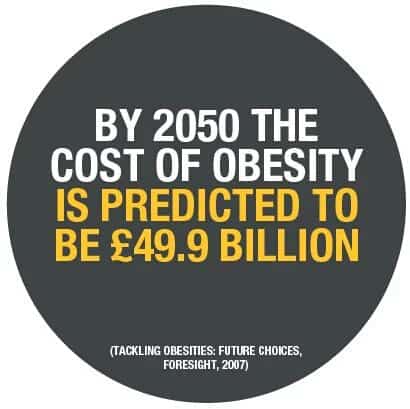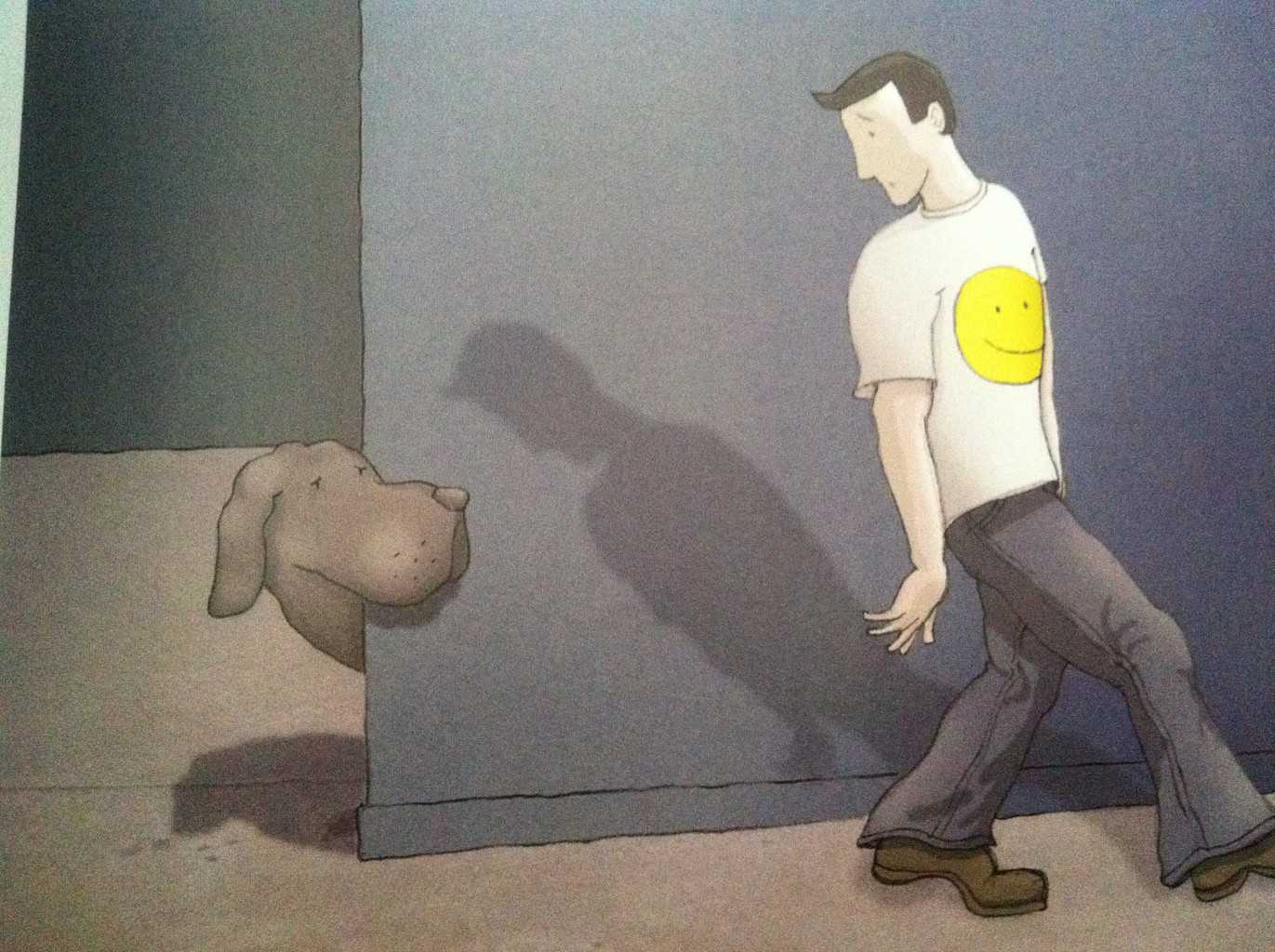Gove’s Intentions
In 2014, Michael Gove, the then Minister of Education , suggested that schools should use traditional punishments to discipline malcontent and miss behaving school pupils (1).
One of the suggested punishments for classroom indiscipline was running laps of the playground.
Not only could this be viewed as a form of corporal punishment, outlawed across the UK by 2003 (2), but for the overweight and inactive it could even be regarded as cruel and unusual punishment.
The sport that I love (and occasionally hate) touted as a means of reprimanding rebellious kids. Lanes replacing lines and exhaustion replacing detention. It earmarked running as a punishment and children would arguably soon learn to despise running.
Athletic champions such as Chrissie Wellington, now Head of Participation at parkrun, and head teachers quickly and quite rightly slammed these proposals (3) and thankfully this idea never got off the mark.
Gove’s intentions might have been good, but he had not properly considered the consequences of his proposal.
Good Intentions
Now, in 2016, we have proposals to combat obesity and inactivity that seem to have good intentions.
The Royal Society of Public Health have recommended that activity equivalents should be printed on food packaging (4) and the Journal of Epidemiology and Community Health have urged, in the BMJ, for a ban on televisions from children’s bedrooms (5).
I seem to be one of a small band of dissenters voicing my disbelief at the thought of printing activity equivalents on food labels as a means of combating obesity.
And I question just how much consideration has been given to those who are overweight or obese.
As the RSPH video below shows, the general consensus is that this is a good idea and part of me tried to understand their reasoning.
The rationale is that it could act as a deterrent. Would I consume less of my favourite caramel wafers if I knew that I would need to run twenty minutes to burn one off?
Would I think twice about that second helping of pie if I had to run 3.14159 miles?
The answer is no. My overconsumption of food wasn’t/isn’t caused by a lack of awareness of nutritional guidelines or values.
I have psychological urges to eat. I seek comfort in food and the cost of that comfort is not as important as the immediate need to feed.
When I eat a family bag of sweets, there is no part of me that believes I am within the calorific limits of my daily basal metabolic rate. I eat in full knowledge of the long term harm of my actions. I like to think that I am relatively intelligent. I just make irrational choices and I binge eat.
It is not an excuse, but this is the mindset of many obese people.
Printing activity equivalents on food might appeal to and help people who are consciously making efforts to improve their health, such as members of the Nuffield Gym featured in the video, but I am not convinced that it would greatly influence the obese or inactive.
However, there is a danger that it could reinforce negative associations with food and contribute to eating disorders. Back to using exercise as a punishment and even as a reward. For me, these concerns outweigh (no pun intended) the possible impact varying physiologies and metabolisms have on the accuracy of the printed activity equivalents.
My Faculty of Sport and Exercise Medicine post on Salutogenis (6) highlights how complex socio-economic and societal factors can affect behaviour and decision making while my post on active children (7) hopefully shows why banning televisions in children’s rooms, as proposed by JECH, fails to consider more important barriers preventing children from being more active.
Removing televisions might reduce screen time, but how does this then automatically lead to kids being more active and eating less junk? Do these researchers genuinely believe that this will result in families eating together?
Do they realise that there is so much more to the disintegration of family meal times than televisions in bedrooms?
Correlation does not necessarily mean causation.
And again, we are looking to apply punitive action. We are making children and families feel guilty, rather than looking at the other barriers that prevent families from dining together.
As my friend, Rannoch Donald, often proclaims, it’s never one thing. We need to stop looking at ideas in isolation and we need to look at the bigger picture.
We need, as I state in my recent BMJ Blog (8), to take action and implement the recommendations that the Obesity Stakeholder Group (9) call for, rather than trying to devise new headline grabbing but ultimately flawed ideas.
Good intentions do not necessarily mean good ideas.
Extra Reading
1) http://www.theguardian.com/education/2014/feb/02/michael-gove-traditional-punishments-school-misbehaviour
2) https://en.m.wikipedia.org/wiki/School_corporal_punishment#United_Kingdom
3) http://www.politics.co.uk/news/2014/02/24/michael-gove-slammed-for-punishing-children-with-sport
4) https://www.rsph.org.uk/en/policy-and-projects/areas-of-work/activity-equivalent-labelling/
5) http://m.jech.bmj.com
6) http://www.fsem.ac.uk/blog/posts/2014/october/include-the-views-of-many-when-planning-physical-activity-campaigns.aspx
7) http://www.fsem.ac.uk/blog/posts/2014/june/the-lay-view-is-physical-activity-available-to-all-children.aspx
8) http://blogs.bmj.com/bjsm/2016/01/14/its-national-obesity-awareness-week-and-now-more-than-ever-we-need-action/
9) http://www.fsem.ac.uk/media-resources/policy-and-public-affairs/obesity-stakeholder-group.aspx













2 comments
I agree with you completely, whilst I can see the point of it I don’t really think it will stop anyone from eating what they want. Look at the health warnings on cigarette packets, they are awful and yet I still see teenagers start smoking!
I hope we are both wrong, Hannah, but I fear that we will be proven correct